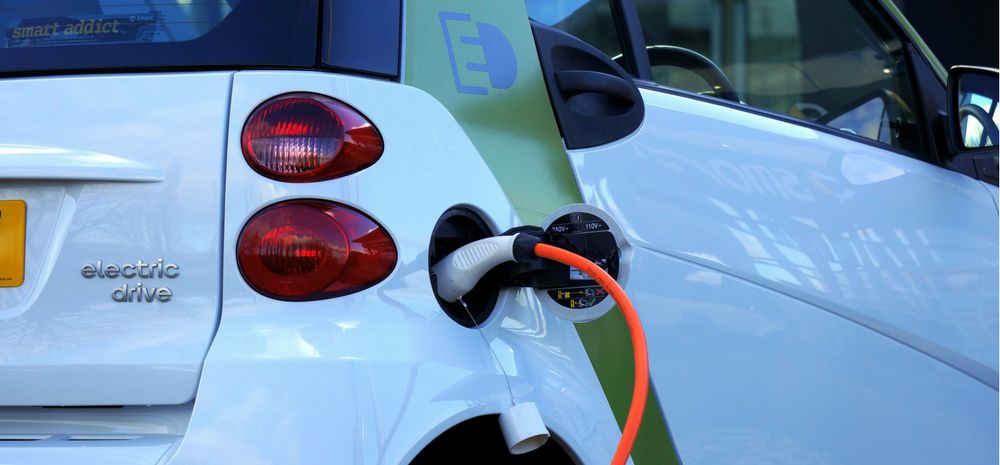Government Will Offer Incentives On Electric Vehicles To Boost Adoption!
With the growing vehicular pollution, government is trying to find more ways to make transportation better and more eco-friendly.

With the growing vehicular pollution, government is trying to find more ways to make transportation better and more eco-friendly. The automobile industry continues to play a primary role in the India’s GDP growth and the entire industry presently contributes over 7.2% to the country’s GDP.
To give a push to the ambitious project of achieving total electric mobility by 2030, the government will now offer incentives to people who purchase or use Electric Vehicles.
Contents
Automobile Industry & GDP
NITI Aayog CEO Amitabh Kant, at a recent event on Electric Vehicles, said that the government is working hard to make electric vehicles mainstream. The whole process would be conducted in the form holistic development of the automobile sector and other allied industries, without hurting or hindering any growth prospects at the same time.
The present automobile sector and component industry has a contribution of 7.2% to the total GDP of India, and creates over 30 million jobs. The industry exports almost 25% of the total manufacturing done within the country.
Electric Vehicles: Production, Employment & Exports
The aim of these incentives is to accelerate the pace of introduction and adoption of electric vehicles. At the same time, the government has to ensure that the size and scale of the automobile industry and its contribution to GDP and employment do to fall. The growth of EV industry can create more jobs, which will be only possible if manufacturers are able to produce EVs at the present scale.
The government will continue to support all the OEMs and Indian manufacturers with regards to production of Electric Vehicles in the country. The automobile industry in India will go through a major transformation in the next ten years or so. Government will keep on adding more interoperable charging systems and will support Electric Vehicles with a range of initiatives like lower road taxes and consumer-oriented incentives.
Kant added that the government wants to act as a catalyst in the process of providing the country a better and healthy future. It will support the entire movement so that the automobile industry and auto component sector continues to play their primary and significant roles in contribution to country’s GDP, job creation and exports.
Support From Government: The Change Is Inevitable
The whole policy framework is spread across multiple departments – Ministry of Road Transport, Power, Heavy Industries and others, but NITI Aayog will continue to support, coordinate and drive this EV movement to reach a complete electric mobility by 2030.
The automobile industry will go through a major change, and it is inevitable. But the government wants to ensure that it happens in a gradual manner, so as not to disturb or otherwise affect the auto industry.
Government wants to push the production of EVs, so that the country becomes a centre for battery manufacturing for local usage as well as for exports.
Numbers Speak
The per capita usage of cars is still very low in India. By 2027-28, the cost of an EV battery will come down from USD 273 per kWh to USD 73 per kWh, which does not even take Indian demand into consideration.
If the Indian demand is considered, then the cost further comes down to USD 60 per kWh.
If Electric Vehicles are taken seriously, then accelerated adoption of electric and shared vehicles can save India USD 60 billion in diesel and petrol costs by the year 2030!

great initiative from govt. to boost up the electric vehicle market!!
this calculation is wrong sixty billion will be saved in fuel but what about the fuel required electricity these cars?